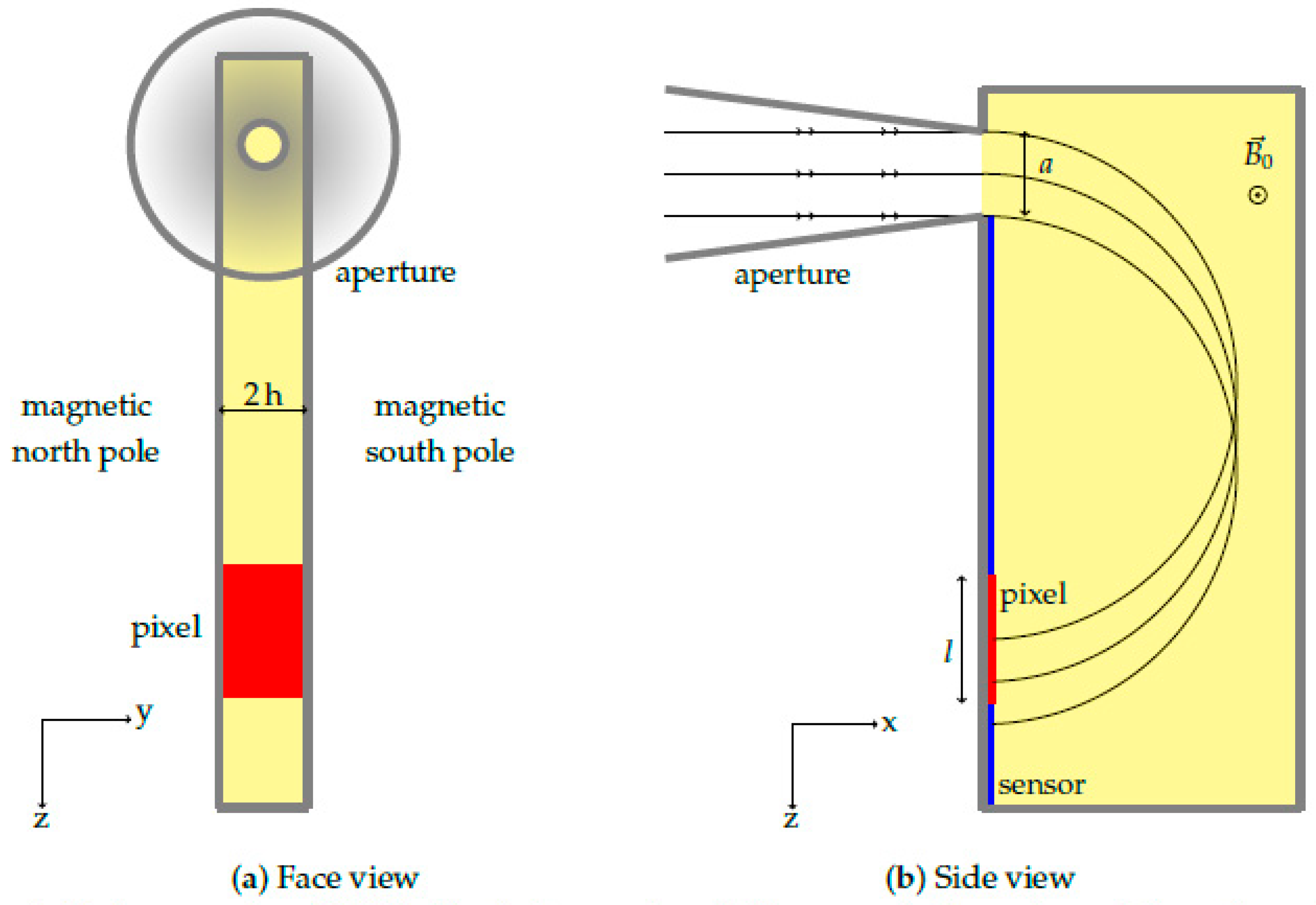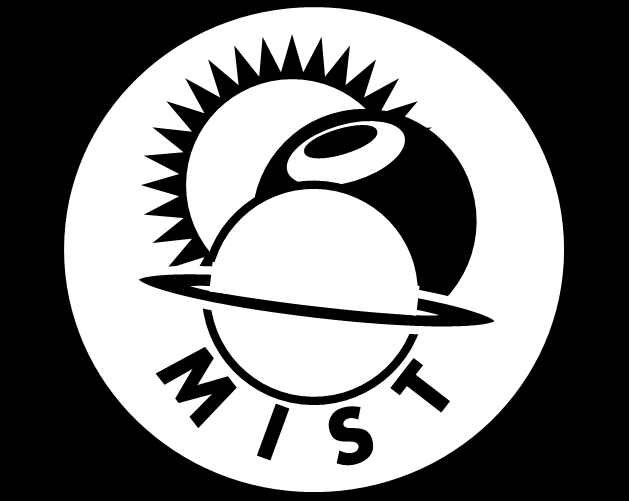MIST
Magnetosphere, Ionosphere and Solar-Terrestrial
Design and Optimization of a High-Time-Resolution Magnetic Plasma Analyzer (MPA)
By Benjamin Criton (Mullard Space Science Laboratory, UCL)
Cutting-edge solar wind investigations require in-situ instruments with increasing time and energy resolution to study the important small-scale plasma processes. These processes play key roles in the overall behaviour of space plasmas. They are believed to be the origin of the heating and acceleration of the solar wind. Unfortunately, these processes happen on very short timescales. To measure them, virtually all flown plasma analyzers use an approach to select particle energies, achieved by an electric field. Faraday cups use a high-pass energy selection whilst electrostatic analysers (ESAs) a band-pass selection. This functioning requires to sweep the energy range to build the entire energy spectrum of the measured plasma. Even though Faraday cups are comparatively faster than ESAs, these two instrument categories make relatively slow measurements: 4 s for Cluster HIA, 1 s for Solar Orbiter PAS or 0.22 s for Parker Solar Probe SPC.
In this article, we conceptualize and design a plasma analyzer answering this rising demand for high time and energy resolution. Our new design, based on the velocity-dependent deflection of charged particles in a homogeneous magnetic field, does not require any time-dependent energy selection, making measurements much faster and reliable compared to traditional analyzers. Particles hit a position-sensitive sensor at different positions according to their velocity and mass-per-charge ratio. In one acquisition step, each incoming charged plasma particle is detected at a specific position in the sensor plane. We then translate the counts per position into an estimation of the velocity distribution function (VDF). Our study shows that this measurement principle achieves a 1D measurement of proton and alpha-particle VDFs under realistic solar wind conditions in 5 ms (200 Hz) with a velocity resolution of 2.8 %. This time cadence is two orders of magnitudes faster than the sampling frequency required to measure processes of order the proton gyro-radius at a heliocentric distance of 1 au and about 40 times faster than Parker Solar Probe SPC’s native cadence. Furthermore, the velocity/energy resolution only depends on the physical instrument parameters (aperture size, pixel size and magnetic field strength) that can be adjusted to best address the trade-off between time and energy resolution.

Fig. 1 shows the conceptual geometry of the instrument. This new instrument concept is able to unveil the fast variations of the ion VDFs in one look direction.
Please see the paper for full details:
Criton B, Nicolaou G, Verscharen D. (2020). Design and Optimization of a High-Time-Resolution Magnetic Plasma Analyzer (MPA). Applied Sciences. 10(23):8483. https://doi.org/10.3390/app10238483
